Best Material for Shopping Bags
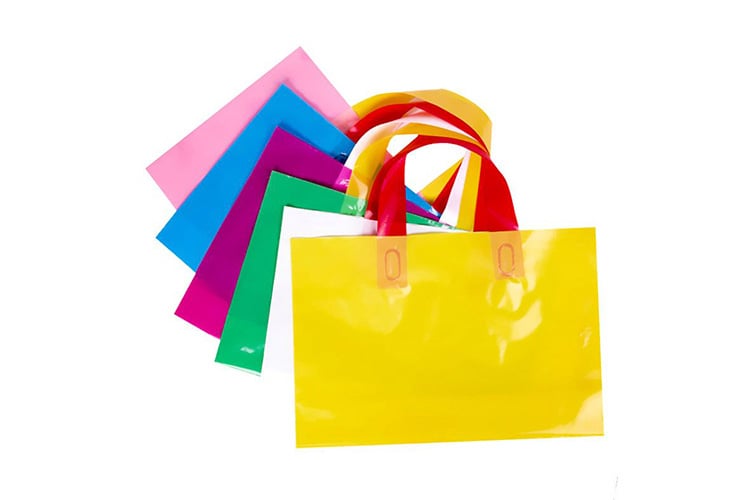
If you are an ardent shopper, then you’ll prefer getting your shopping bags bulk. Due to the amount of wear and tear these bags go through, you need to figure which is the best. This will help you figure out why you should use recycled PET bags and reusable shopping bags.
Which material is better?
The quality of bulk shopping bags (know more) is determined by the quality of material used in making it. There are several kinds of bags on the market making it difficult to pick the best. If you have no experience with this, you need a guide.
Bags made from plastic material are distributed freely and don’t degrade. This is probably why they litter the countryside. Since they don’t degrade, it is easier to recycle these bags.
Paper bags, on the other hand, are made using biodegradable materials. Though this is very friendly to our environment, they cannot be recycled. This is a major challenge because you want to reuse a bag a couple of times.
Come to think of it, wouldn’t jute bags be a great idea? First, they are designed using natural materials. Jute is a renewable resource. This means that the bags will be eco-friendly and also recyclable.
https://www.youtube.com/watch?v=oa5I_NPbIIA
Why we prefer eco-friendly shopping bags bulk
As the term “eco-friendly” implies, any bag made of such materials is perfect for our environment. Recyclable PET bags and reusable shopping bags will not just carry your items. They leave an almost invisible footprint on the ecosystem.
This is why the best way to judge these bags is by finding out their carbon footprint. With this, you are able to determine which of the materials is best for shopping bags bulk, paper, jute, or plastic.
Comparing the ecological footprint of shopping bags bulk
We will take a brief study of four different bags that will be used for this comparison. They include:
- Polyethylene bags
- Paper bags
- Reusable bags
- Jute/cotton bags
Polyethylene bags – We have two bags, Bag A and Bag B. The first bag is made of polyethylene and can be used just once as it weighs just 7 grams. Bag B weighs thrice its counterpart and has a beautiful design too. You definitely want to use it more times.
Paper bags – This bag is Bag C and it is seven times the weight of Bag A. Since it is made of paper, it is ecofriendly but it cannot be used more than once. Its status as an ecofriendly product gives the producing company a good public image.
Reusable bags – This Bag D is one of those reusable shopping bags bulk. Its design makes it durable and robust. The fact that it is made from polypropylene and the green logo and color make it ecofriendly. Is this really a fact?
Cotton/Jute bags – Environmentalists and minimalists all choose this bag, Bag E. Though many consider it understated, discrete, and unnoticeable, there is this silent satisfaction each owner possesses. Made from 25% cotton and 75% jute, the bag weighs 36 times more than Bag A.
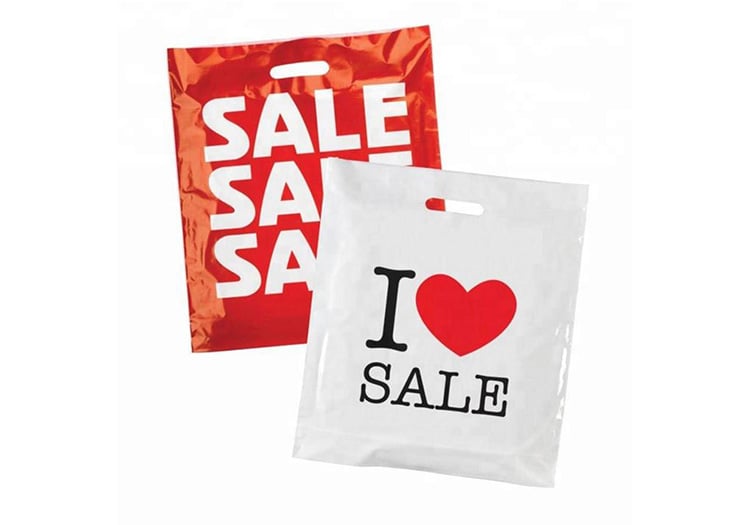
Comparing material facts
Based on the information above, we have put together this table:
| S/NO | BAG | WEIGHT (G) | CO2 FOOTPRINT (KG/KG) | CO2 FOOTPRINT (KG/100 BAGS) | NUMBER OF REUSES |
| 1 | BAG A (polyethylene) | 7 | 1.9 | 1.3 | 1 |
| 2 | BAG B (polyethylene) | 20 | 1.9 | 3.8 | 3 |
| 3 | BAG C (paper) | 46 | 1.2 | 5.5 | 5 |
| 4 | BAG D (polypropylene) | 75 | 2.9 | 21.8 | 17 |
| 5 | BAG E (cotton 25%, jute 75%) | 257 | 1.5 | 38.6 | 30 |
Looking at the table above, you will find it difficult to choose the best material for recyclable PET bags. Even though the general notion is that shopping bags bulk is more about the image of a company, there’s more.
In this post, we are not interested in the image, we are interested in eco-analysis. The question that begs to be answered is, “what is the number of times you can use a bag for a smaller carbon print?” The carbon footprints of each bag (per kg) are stated in the fourth column. While the value is multiplied by the mass of 100 bags in the fifth column.
The final column expresses the number of times a bag can be used for a smaller carbon footprint than BAG A.
So what is the best material for shopping bags bulk?
This is a simple truth, it is a case of the best material is in the eye of the beholder. Each person has his or her own preference. All the materials have their unique merits and demerits.
Despite this fact, a few come out tops because of their impact on the environment and how reusable they are. There is also the consideration of how easy they are to clean and maintain. Let’s take a look at some of the materials above in more detail.
Cotton
Recyclable PET bags made from cotton are of different types. Pesticides are not used when growing natural cotton as regards internationally accepted standards. The production of traditional cotton has to do with natural fiber and lots of chemicals.
The bags are of different weights and can be customized to suit the need of the user. This material is considered to be one of the best for reusable shopping bags bulk for several reasons.
Merits
- Renewable resource.
- Made of natural/biodegradable fiber.
- Durable and strong.
- Very smooth and soft to touch.
- Widely available as bulk shopping bags or recycled PET bags
- Machine wash is possible but is better air-dried.
- Perfect for logo printing. Some of the common methods employed are screen printing, heat transfer for full color, and full-bleed printing.
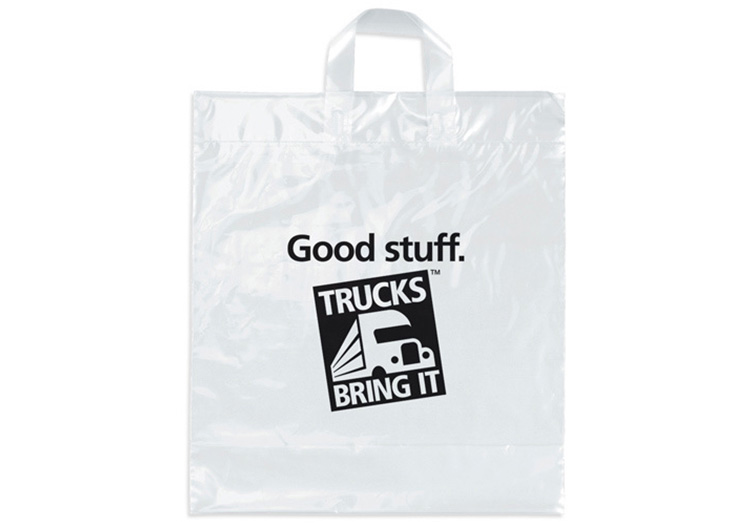
Demerits
- Doesn’t resist moisture except when treated with chemicals.
- Cotton consumes lots of water.
- Bulky and heavy which makes shipping expensive.
- Bags may shrink when washed with a machine. This is why it is advised to use cold water and dry naturally.
Jute
This is another natural fiber that is commonly used for shopping bags bulk. It is also referred to as burlap or hessian. Just like every other material for bags, it has merits and demerits.
Merits
- Renewable natural resource.
- Compostable and biodegradable.
- Easily cultivated.
- Strong and durable in nature.
- Requires very little pesticides unlike recycled PET bags
- Thrives well in high rainfall zones and doesn’t need much irrigation.
- Is a suitable blend for other fabrics.
Demerits
- Does not resist moisture unless when laminated or treated with sufficient chemicals like recycled PET bags.
- It has a grainy texture.
- Printing may be difficult as it will only accept thick lines. This implies the bag cannot have any fine details.
Polypropylene
This is one of the different types of plastic. To be more specific, it is a resin polymer that is flexible. Most people consider the nonwoven shopping bags bulk made of propylene as the best.
The reason for this is how durable they have proven to be and the affordability too. Grams/square meter (GSM) is the regular measurement on the market and it considers the density and weight of the material.
What this implies is, the material is only as strong as its GSM value. This, in turn, determines the quality and durability of the bag. Let’s look at the merits and demerits of using polypropylene.
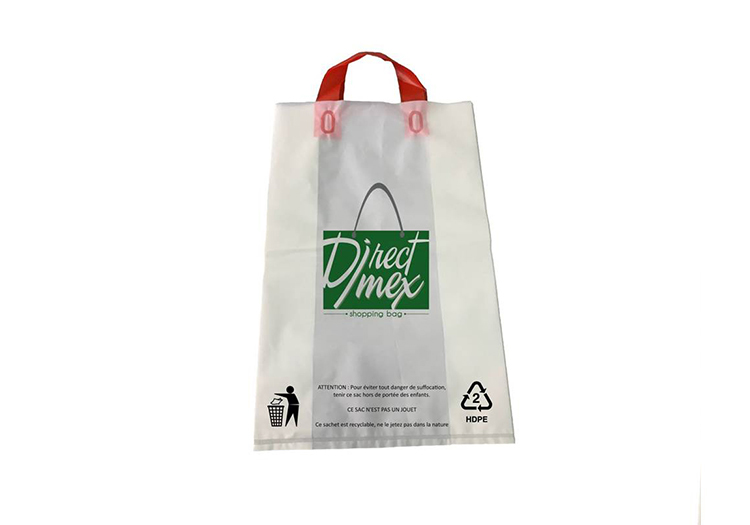
Merits
- Bulk shopping bags
- Very strong and durable.
- Can be produced using recyclable materials.
- Resistant to chemicals.
- They can be woven. This implies that they are easy to maintain and less porous too.
- A variety of colors can be obtained.
- An array of printing options can be employed.

Demerits
- A class of plastic.
- Not compostable or biodegradable like recycled PET bags. This means it is not ecofriendly.
- Produced by the petrochemical industry.
- Produced from non-renewable resources.
- Not readily available in every location.
- Cannot be machine-washed.
- When printing, you may need thicker lines which reduces the chances of detail.
Other materials commonly used but not mentioned above include:
Hemp
This material growing optimally without any fertilizers or pesticides. One of the major advantages is the fact that it is drought-resistant. It grows so well that you can get up to six tons of the dry fiber in an acre.
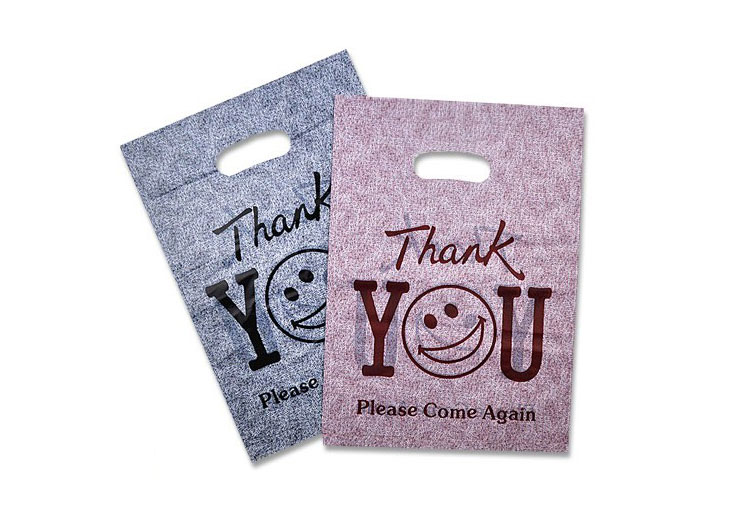
Studies have proven that it has multiple times the strength of cotton shopping bags bulk. Some of the merits and demerits stated below.
Merits
- Resistant to rot.
- Strong and durable.
- Cultivated in poor soils.

- Very pleasant and soft to touch.
- Bags produced from hemp easy to wash and dry using machines.
- It gets stronger with time.
- To make it more desirable, it can be blended with several other materials.
Demerits
- Very expensive.
- Not produced everywhere in the world.
- If not sufficiently refined, it gets grainy.
Best Material for Shopping Bags Wrap Up
It can be really difficult to pick out the material when ordering for shopping bags bulk. We have looked at the most common materials for reusable shopping bags based on different criteria. This has brought us to the conclusion that the best material for recyclable PET bags depends on the user.





Validate your login
Sign In
Create New Account